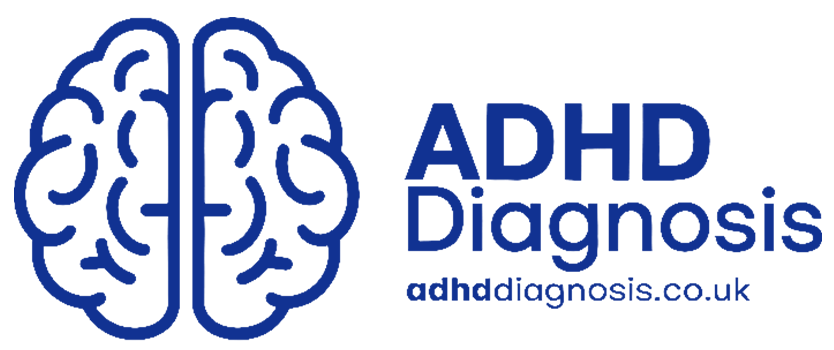Receiving an ADHD diagnosis in the UK is a structured process designed to ensure accuracy and support. For many individuals, particularly adults, the journey begins when they start noticing ongoing difficulties with focus, memory, organisation, or impulsive behaviour. These challenges often affect multiple areas of life, such as work, school, and relationships. Unlike conditions with clear medical tests, ADHD is diagnosed through careful evaluation of behavioural symptoms and life history.
The first step is typically visiting your GP. If ADHD is suspected, they can refer you to a specialist such as a psychiatrist, psychologist, or a neurodevelopmental team. The waiting times for NHS assessments can be lengthy—sometimes over a year—so many people opt for private assessments, which are faster but come at a cost.
During the diagnostic process, you’ll undergo a series of assessments, including detailed interviews, self-report questionnaires, and sometimes observer reports from family or teachers. The healthcare provider will also review your childhood behaviour, as ADHD symptoms must have been present before the age of 12. Importantly, they’ll rule out other causes such as anxiety, depression, trauma, or learning disabilities.
Once the diagnosis is confirmed, a personalised treatment plan is created. This can involve medication, cognitive behavioural therapy (CBT), coaching, or lifestyle interventions. Understanding what to expect can help reduce anxiety and empower individuals to actively participate in their own care.








